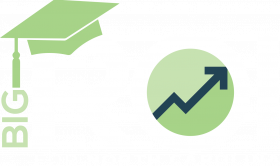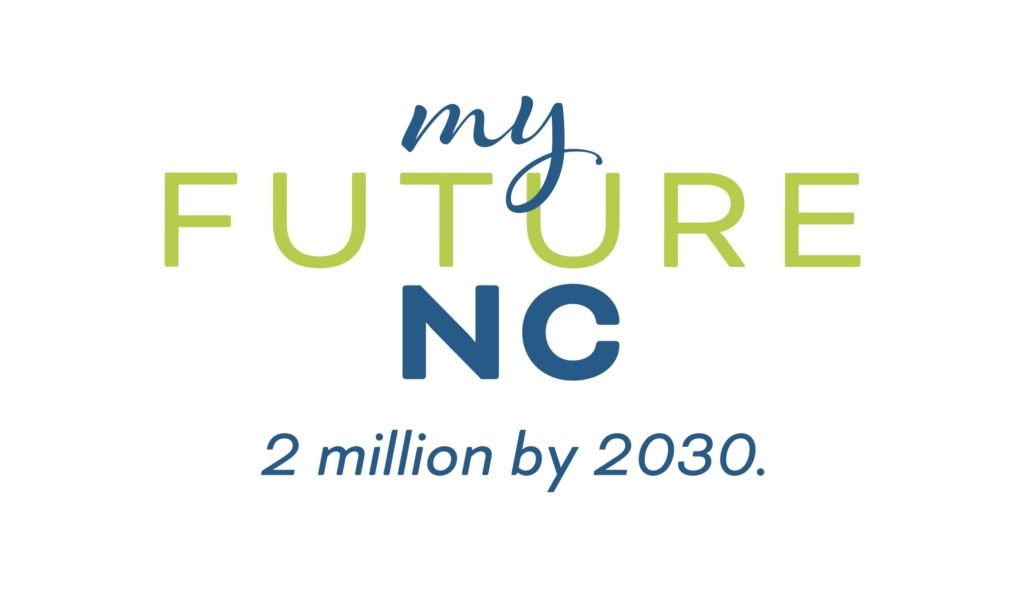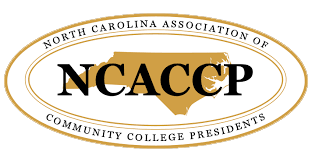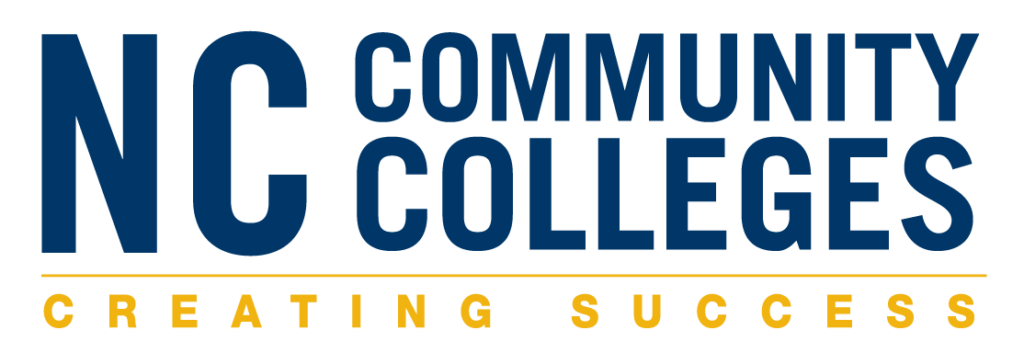RANDOLPH COUNTY — A new, in-depth economic impact analysis found Randolph Community College has a $101.4 million annual impact on the regional economy — supporting more than 2,350 jobs or one out of every 27 jobs across Randolph County.
The impact of the increased earnings of RCC alumni and the businesses they work for totaled $75.9 million.
“I am not at all surprised at the impact RCC has on the region’s economy,” said Dr. Robert S. Shackleford Jr., President of RCC. “Community colleges are the economic engine of North Carolina. When the state or county invests in the community college, they are not investing in paper diplomas to hang on walls, but rather in a trained workforce, thus driving economic and workforce development for the entire county and the region.”
The report also assesses the economic impact of five RCC programs on the area economy, the return on investment for students, and the benefits generated for N.C. taxpayers.
The high-demand career pathways quantified in the report include jobs and programs related to Radiography, Computer-Integrated Machining, Basic Law Enforcement Training, Agribusiness Technology, and Welding.
With support from the North Carolina General Assembly, leaders from the N.C. Association of Community College Presidents, the N.C. Community College System Office, the Center for Applied Research, N.C. State’s Belk Center for Community College Leadership and Research, and the John M. Belk Endowment formed to collaborate with national research leader Emsi Burning Glass to produce a regional Economic Impact Study for each of the state’s 58 community colleges, as well as an overall statewide report.
The studies found that each of North Carolina’s community colleges pumps millions of dollars into the regions they serve — creating jobs, wealth and opportunities for local residents. North Carolina’s 58 community colleges represent a combined $19 billion in annual impact on the state’s economy and support one out of every 19 jobs in the state.
“The return on investment in our community colleges is unmatched — not only for students and parents, but taxpayers and our entire state economy,” N.C. Community College System President Thomas Stith said. “We are proud of the contributions of our graduates and employees to enhance and strengthen our North Carolina communities.”
The economic impact study found for every dollar the state invests in North Carolina’s Community Colleges, the state gains $7.50 in added incomes and social savings. The colleges generate nearly double the revenue from what they take in from the taxpayers. For every $1 the state invests, taxpayers get $1.90 back in added tax revenues and public sector savings.
Community college graduates have higher incomes that contribute to a larger tax base and a growing state. Students who graduate with an associate degree from a N.C. community college will see an increase in earnings of up to $7,000 or more each year compared to a person with a high school diploma or equivalent. If the student builds upon their associate degree to then earn a bachelor’s degree, their annual income also doubles on average.
More information about the statewide economic impact studies can be found at BigROIforNC.org including the state report, as well as reports, fact sheets, and summaries for each of North Carolina’s 58 community colleges.







